Gun violence: why does the US have so many mass shootings?
Attack rate has increased to average of more than one every day this year
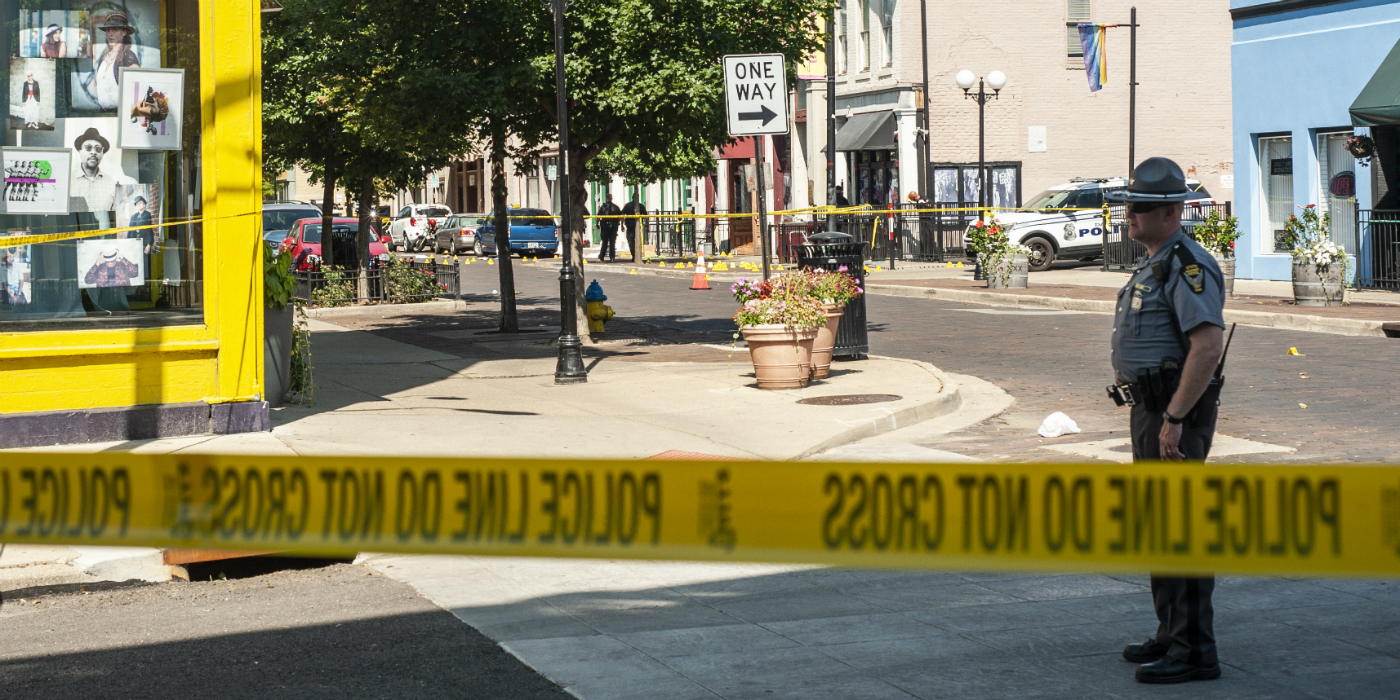
A free daily email with the biggest news stories of the day – and the best features from TheWeek.com
You are now subscribed
Your newsletter sign-up was successful
Two mass shootings within 24 hours have reignited the heated debate around gun violence and firearm laws in the US.
A total of 22 people died in the first attack, in the Texas city of El Paso on Saturday morning. Thirteen hours later, a further nine people were shot dead in Dayton, Ohio.
In both cases, the gunmen carried out the massacre with a legally owned assault rifle - as Americans who favour tighter gun laws have been quick to point out. The incidents have also prompted wider questions about the underlying causes of the epidemic of mass shootings in the US.
The Week
Escape your echo chamber. Get the facts behind the news, plus analysis from multiple perspectives.

Sign up for The Week's Free Newsletters
From our morning news briefing to a weekly Good News Newsletter, get the best of The Week delivered directly to your inbox.
From our morning news briefing to a weekly Good News Newsletter, get the best of The Week delivered directly to your inbox.
The scale of the problem
The US has recorded an average of more than one mass shooting per day in 2019, reports CBS News. As of 5 August, the 217th day of the year, there had been 255 mass shootings, according to data from the Gun Violence Archive. The independent research group defines a mass shooting as any incident in which at least four people were shot, excluding the shooter.
However, mass shootings account for a small percentage of overall gun deaths in the US. Latest figures show that of total 38,658 gun deaths across the nation in 2016, 14,415 were recorded as homicides - of which only 71 were the result of mass shootings, the BBC reports.
But while still comparatively rare, gun massacres are becoming deadlier. Of the eleven deadliest shootings in recent US history, eight have taken place in the past decade, says the broadcaster.
A free daily email with the biggest news stories of the day – and the best features from TheWeek.com
Such rampages appear to be a distinctly American phenomenon. Between 1966 and 2012, 31% of attackers in mass shootings worldwide were US citizens, reports The New York Times.
So why does the US have a mass shooting problem?
Access to firearms
In the US, gun ownership is considered a basic right as a result of the Second Amendment to the US Constitution, which enshrines the “right of the people to keep and bear arms”.
The intentions behind this passage is a subject of intense debate. Some scholars argue that the founders were referred specifically to the arming of organised civilian militias rather than individuals - but courts have tended towards a generous interpretation of the amendment’s scope.
As such, only convicted felons or domestic abusers, unregistered immigrants and people who have been involuntarily committed to a mental institution or judged mentally defective are totally prohibited from buying firearms, although some states impose more stringent conditions on gun purchase and ownership.
Despite repeated mass shootings, there have been no significant moves to regulate gun ownership at a federal level - in contrast to other countries’ reactions to gun deaths.
In the UK, the 1987 Hungerford shooting, which resulted in 17 deaths, prompted the passing of a new law restricting the ownership of semi-automatic rifles. And following the 1996 Dunblane massacre, which left 18 people dead, legislation was passed banning handguns.
The governments of Australia and New Zealand have also reacted to gun massacres - at Port Arthur in 1996 and in Christchurch mosques last year, respectively - by introducing near-total bans on automatic and semi-automatic firearms.
There has been no equivalent reaction to shootings in America, and some critics of US gun laws have lost hope that laws will ever be tightened.
"In retrospect, Sandy Hook [school shooting] marked the end of the US gun control debate,” said British journalist Dan Hodges in a 2015 tweet. “Once America decided killing children was bearable, it was over.”
Number of guns
The US has by far the highest number of guns per person in the world, with almost 400 million civilian-owned guns spread between a population of around 320 million.
Indeed, Americans make up just 4.4% of the global population but own 42% of the world’s guns.
Part of that may be down to the relative cheapness of firearms in the US, where handguns can be bought for as little as $200 (£165) and assault rifles cost around $1,500 (£1,230).
With so many guns in circulation, there is simply a greater likelihood that they will be used by people who carry out a murderous attack - and the results tend to be far deadlier than incidents involving other types of weapons.
The New York Times reports that in China, a spate of random knife attacks on schoolchildren claimed 25 lives between 2010 and 2012. In the same period, the US suffered five mass shootings that resulted in 78 deaths.
“Scaled by population, the American attacks were 12 times as deadly,” the newspaper reports.
Mental health failings
Donald Trump has cited mental health issues as a factor behind the recent shootings in Texas and Ohio. “Mental illness and hatred pulls the trigger, not the gun,” the US president said.
However, as The New York Times points out: “If mental health made the difference then data would show that Americans have more mental health problems than do people in other countries with fewer mass shootings.
“But the mental health care spending rate in the United States, the number of mental health professionals per capita and the rate of severe mental disorders are all in line with those of other wealthy countries.”
Researchers have also undermined Trump’s argument, with a 2015 study concluding that only around 4% of gun deaths in the US are a result of mental health issues.
Violent video games
Violence in video games has long been blamed for real-life violence, but the evidence is far from conclusive.
A US study published in June found that violent video games do cause a “small” increase in aggressive behaviour. However, a ten-country comparison by The Washington Post found “no evident, statistical correlation between video game consumption and gun-related killings”.
In fact, the newspaper found that countries where video game consumption was highest tended to be among the safest countries in the world, possibly as a result of those nations having high income levels and standards of living.
-
 How the FCC’s ‘equal time’ rule works
How the FCC’s ‘equal time’ rule worksIn the Spotlight The law is at the heart of the Colbert-CBS conflict
-
 What is the endgame in the DHS shutdown?
What is the endgame in the DHS shutdown?Today’s Big Question Democrats want to rein in ICE’s immigration crackdown
-
 ‘Poor time management isn’t just an inconvenience’
‘Poor time management isn’t just an inconvenience’Instant Opinion Opinion, comment and editorials of the day
-
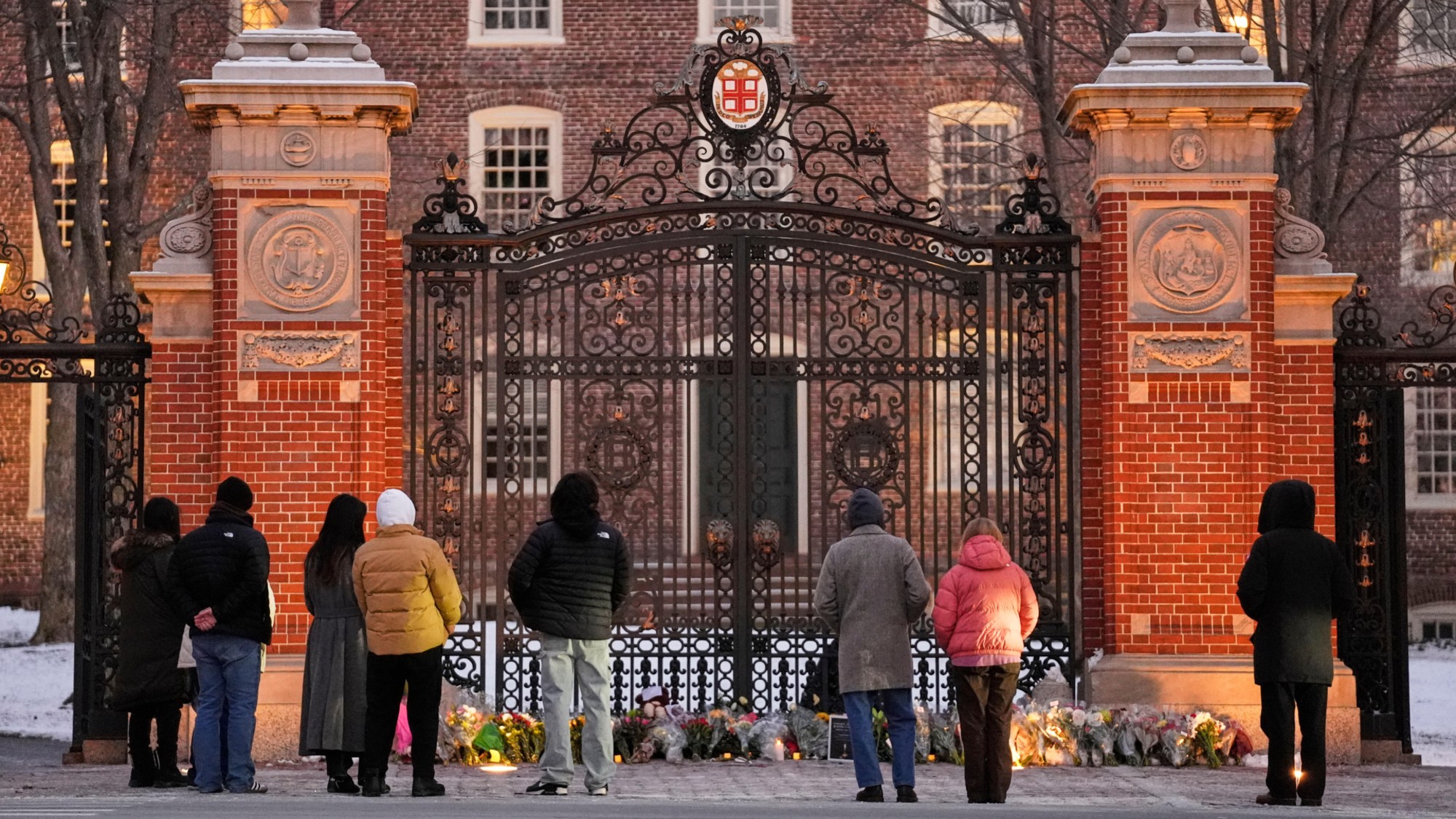 Campus security is under scrutiny again after the Brown shooting
Campus security is under scrutiny again after the Brown shootingTalking Points Questions surround a federal law called the Clery Act
-
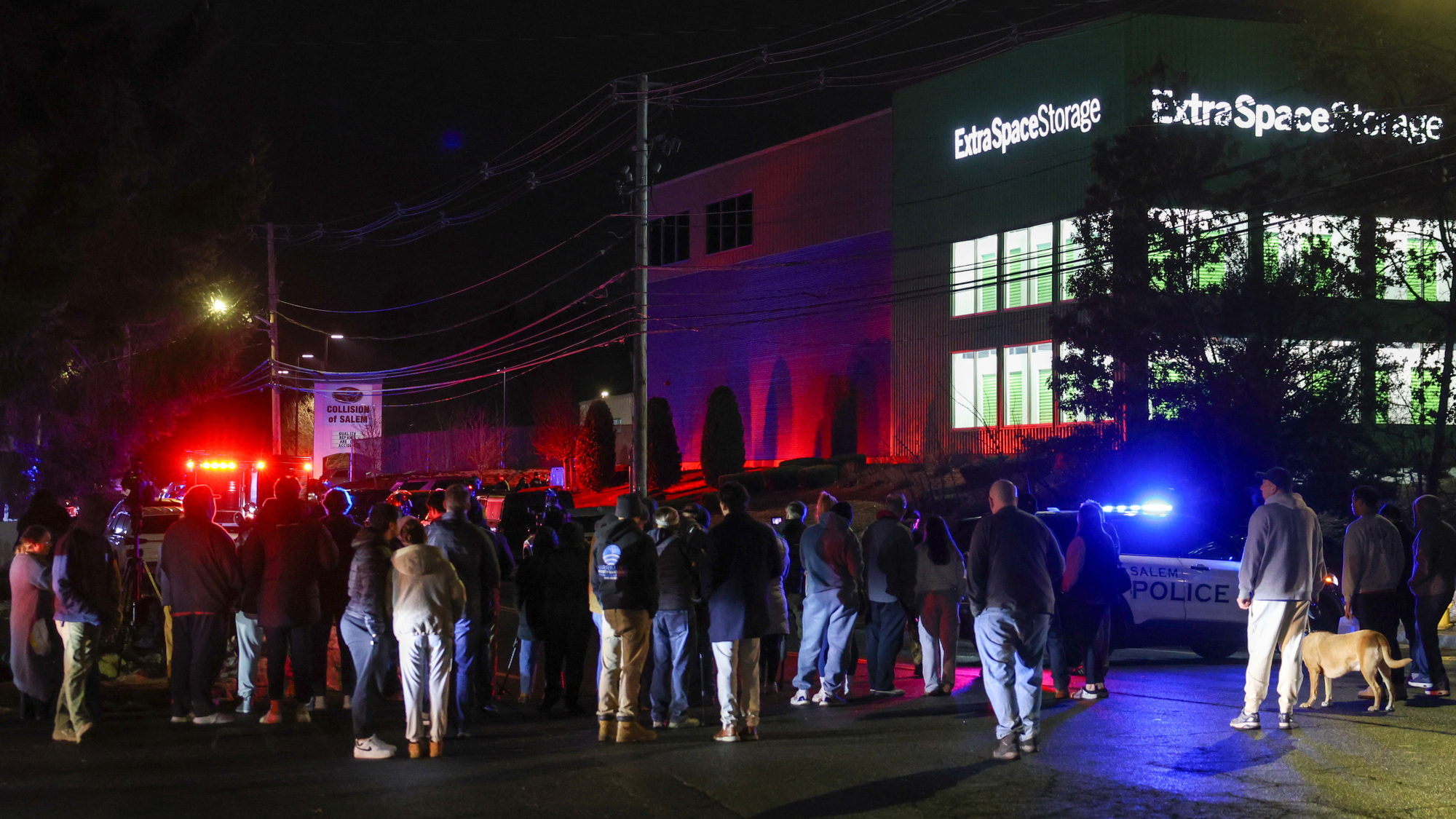 Sole suspect in Brown, MIT shootings found dead
Sole suspect in Brown, MIT shootings found deadSpeed Read The mass shooting suspect, a former Brown grad student, died of self-inflicted gunshot wounds
-
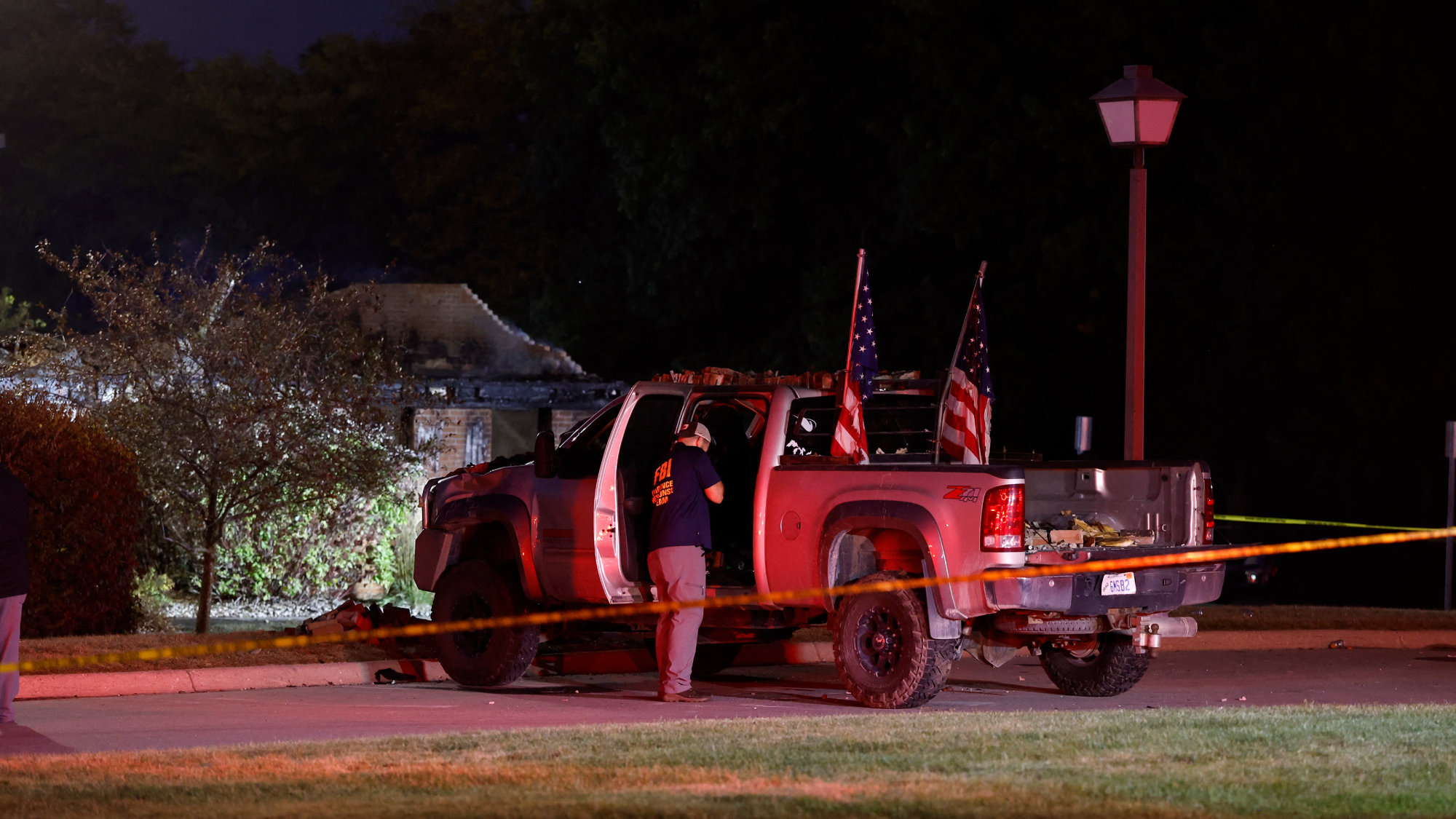 4 dead in shooting, arson attack in Michigan church
4 dead in shooting, arson attack in Michigan churchSpeed Read A gunman drove a pickup truck into a Mormon church where he shot at congregants and then set the building on fire
-
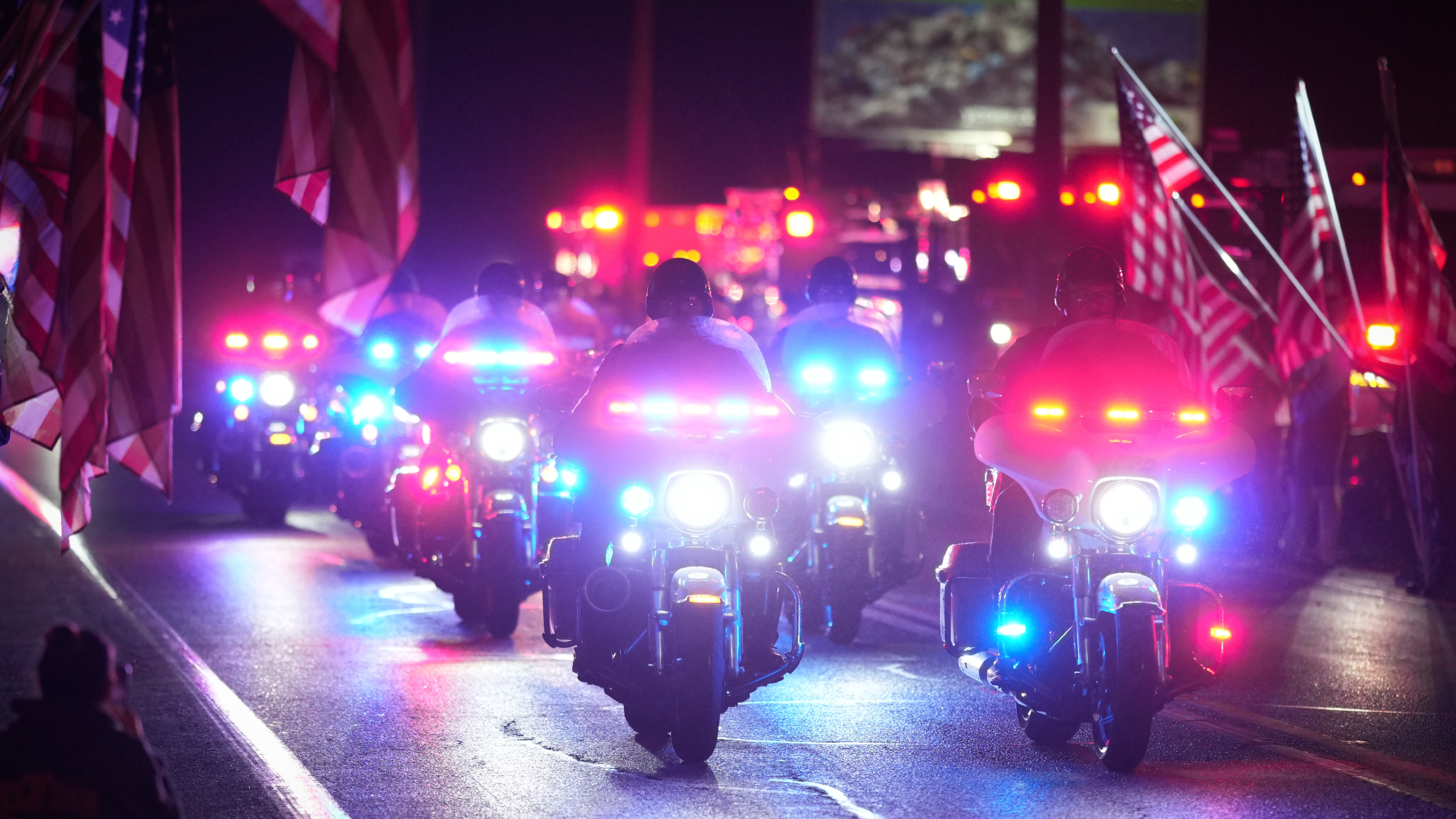 3 officers killed in Pennsylvania shooting
3 officers killed in Pennsylvania shootingSpeed Read Police did not share the identities of the officers or the slain suspect, nor the motive or the focus of the still-active investigation
-
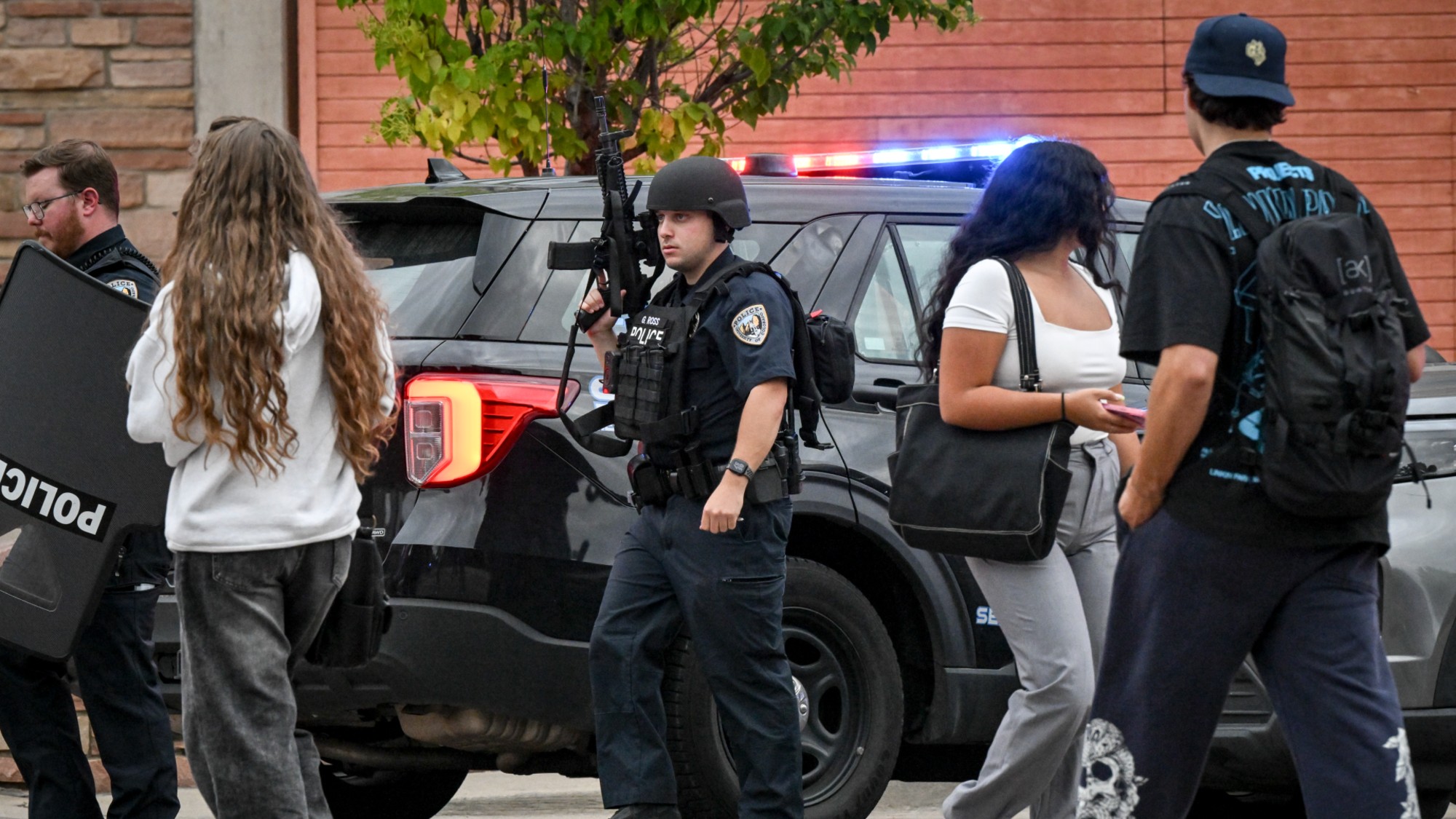 Colleges are being overwhelmed with active shooter hoaxes
Colleges are being overwhelmed with active shooter hoaxesIn the Spotlight More than a dozen colleges have reported active shooter prank calls
-
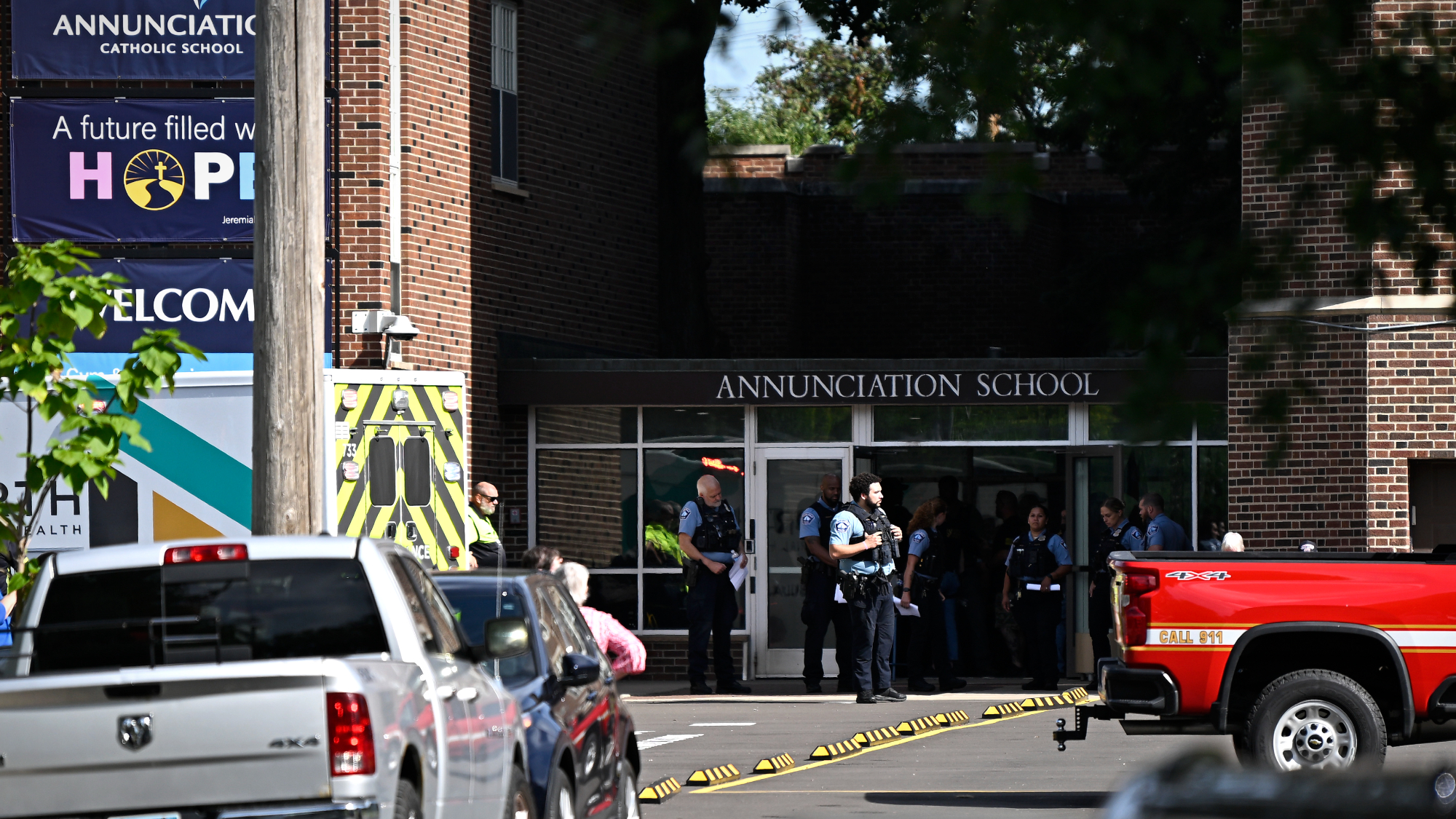 2 kids killed in shooting at Catholic school mass
2 kids killed in shooting at Catholic school massSpeed Read 17 others were wounded during a morning mass at the Annunciation Catholic School in Minneapolis
-
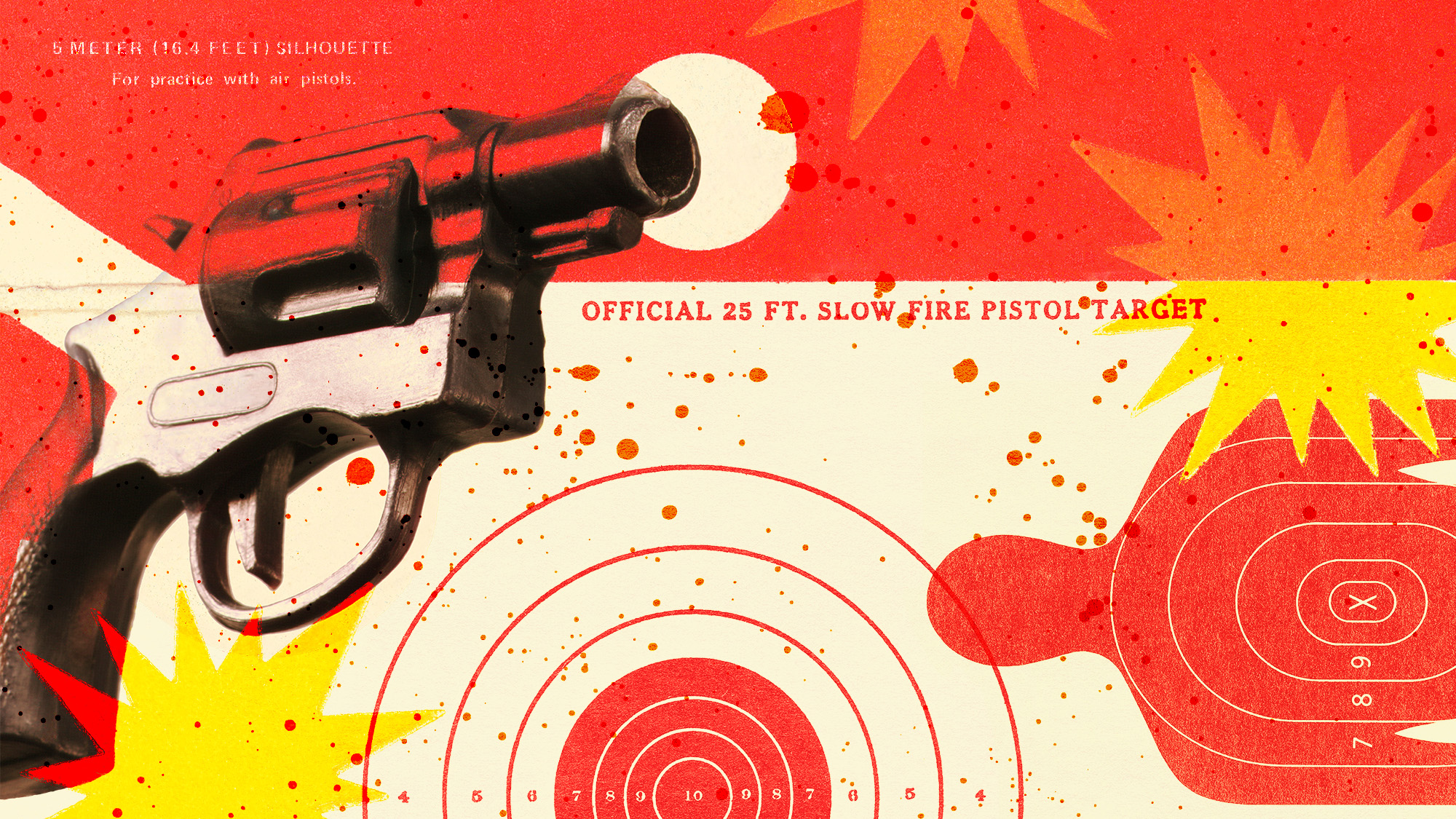 Trump lambasts crime, but his administration is cutting gun violence prevention
Trump lambasts crime, but his administration is cutting gun violence preventionThe Explainer The DOJ has canceled at least $500 million in public safety grants
-
 Aimee Betro: the Wisconsin woman who came to Birmingham to kill
Aimee Betro: the Wisconsin woman who came to Birmingham to killIn the Spotlight US hitwoman wore a niqab in online lover's revenge plot